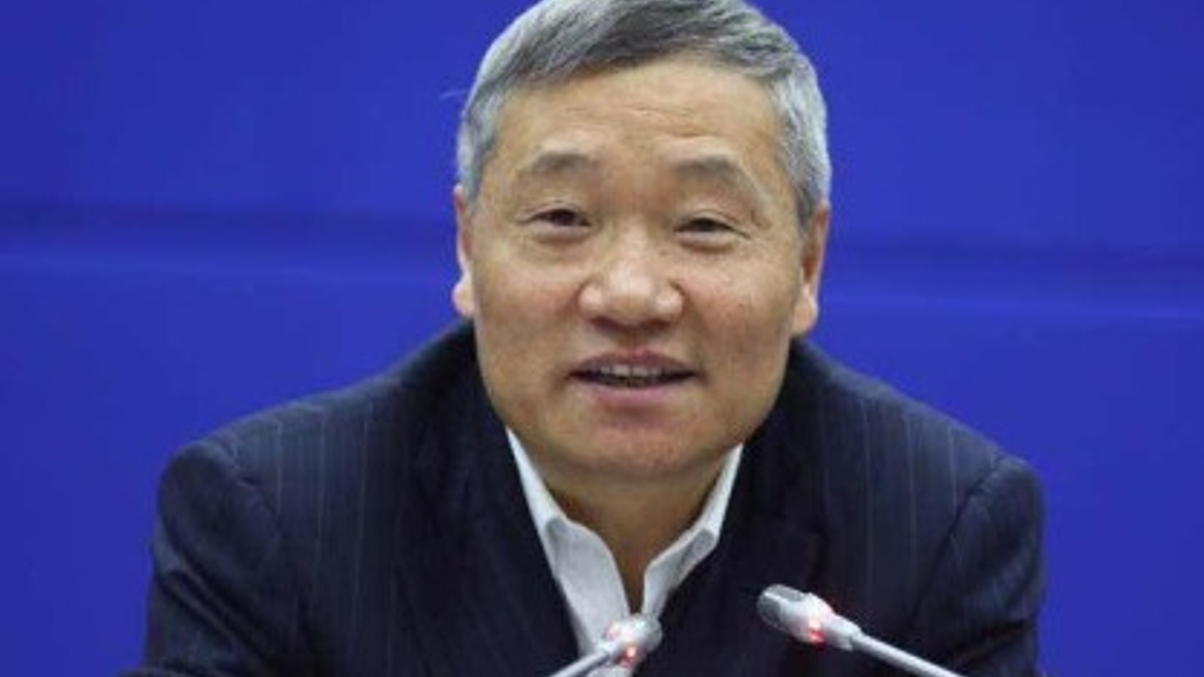CSRC scolds fund firms, admits regulatory 'flaws'
The chairman of China's securities watchdog argues for stronger risk controls in and tighter oversight of the funds industry, and acknowledges flaws in its regulatory approach last year.

The chairman of China’s securities watchdog on Saturday said domestic mutual fund houses should have stronger risk controls, argued for tighter regulation of private fund managers and acknowledged flaws in its regulation of the equity market last year.
Sign in to read on!
Registered users get 2 free articles in 30 days.
Subscribers have full unlimited access to AsianInvestor
Not signed up? New users get 2 free articles per month, plus a 7-day unlimited free trial.
¬ Haymarket Media Limited. All rights reserved.


